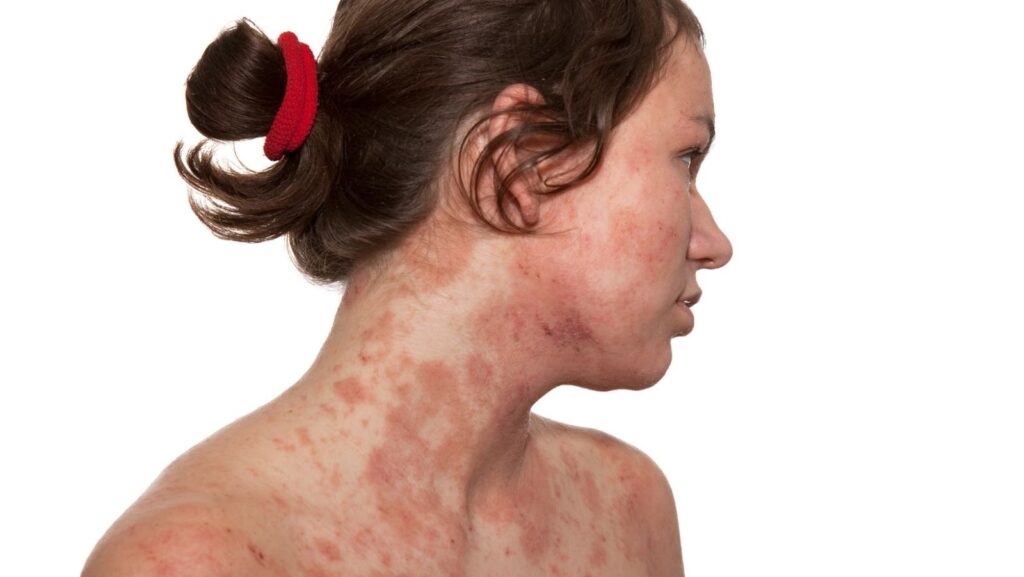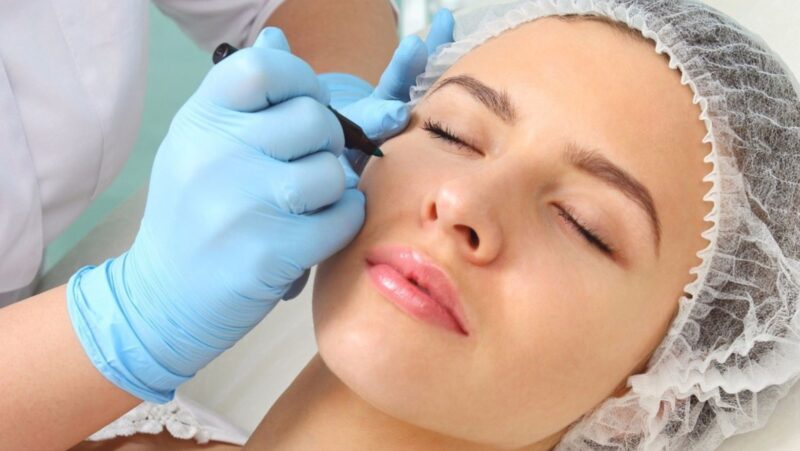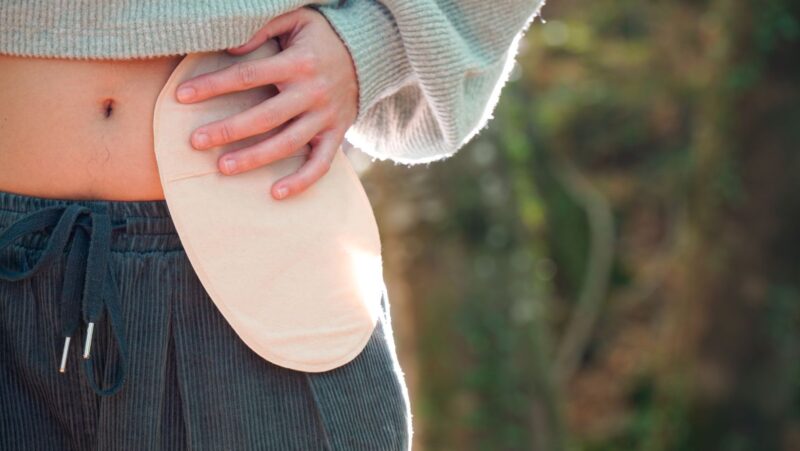
Eczema is a common skin condition that results in itchy, sore, and inflamed patches of skin. While this condition can affect people of all ages and genders, it often occurs on the body parts most exposed to sunlight or other irritants, like the hands, face, neck, and arms.
The exact cause of eczema has yet to be fully understood. Still, it is believed to be the result of many health issues, including a person’s genetic makeup and physiological responses to certain irritants or allergens.
Eczema can be difficult to treat, mainly if it occurs on a tattoo that has already been inked. In most cases, treating eczema on tattoos involves applying topical ointments or creams to soothe irritated skin, reduce inflammation, and prevent infection. Moisturizing lotions can also help keep the affected area hydrated and promote healing.
Unfortunately, there is no one-size-fits-all approach to treating eczema on tattoos. Some people may find relief from using certain over-the-counter (OTC) creams, while others may require prescription medication or even laser therapy.
If you are experiencing eczema on a tattoo, you must consult your doctor or dermatologist to determine the best course of treatment. Adjust your lifestyle habits to manage this condition of tattoos and eczema effectively. You can find relief from this uncomfortable and unsightly condition with proper care and self-management.
Common Triggers of Eczema
If you are dealing with eczema on your tattoo, you can do a few things to manage your symptoms. The first step is to identify any possible triggers for your eczema to avoid them as much as possible. Common eczema triggers include exposure to chemicals or harsh detergents in cleansers or skincare products, dry skin caused by cold weather or heated indoor air, and stress and anxiety.

The Best Way to Treat Eczema on a Tattoo
Treating eczema on a tattoo is using gentle, non-irritating soaps or cleansers free of harsh chemicals or dyes. You should also moisturize the affected skin regularly, ideally several times daily. Consider using an over-the-counter topical steroid cream or anti-inflammatory medications to help relieve symptoms and promote healing.
If your eczema does not improve with these self-care measures, you must see your doctor for further evaluation and treatment options. Your doctor may recommend a prescription medication like oral steroids or topical calcineurin inhibitors if your condition does not respond well to over-the-counter treatments. In more severe cases, your doctor may also prescribe phototherapy or immunosuppressive therapy to treat your eczema and reduce the risk of complications like infection and scarring.
Best Ways to Prevent Eczema on a Tattoo
You can do several simple things to help prevent eczema from developing or flaring up on your tattoo. One of the most crucial steps is to avoid known triggers, like harsh chemicals or dry skin. It would help if you also protect your tattoo from sun exposure by wearing sunscreen and covering it up with clothing or hats.
Additionally, you can keep your tattoo clean and moisturized at all times and see your doctor if you notice any signs of infection or irritation. If an underlying medical condition causes your eczemas, such as allergy or asthma, it is also essential to address this issue to reduce flare-ups on your tattoo.
Making lifestyle changes and taking proactive measures can keep your tattoo looking great and protect it from eczema flare-ups.
Natural Remedies for Eczema on a Tattoo
Many options are available if you are looking for natural ways to treat your eczema on a tattoo. You can try using over-the-counter topical ointments or creams that contain soothing ingredients like salicylic acid and tea tree oil. Another option is to use diluted apple cider vinegar with a cotton ball on the affected areas or take an oral antihistamine as directed by your doctor if you suspect that allergies may trigger your symptoms.
Several home remedies may help ease the itching and inflammation of eczema. These include applying cool compresses soaked in chamomile water, drinking herbal teas made from skin-soothing ingredients like calendula flowers or flaxseed, and taking probiotics or fish oil supplements to support your immune system. Ultimately, the best way to treat eczema on a tattoo is to consult your doctor for an individualized treatment plan. They can help you decide on the best course of treatment based on your specific symptoms and needs.
When treating eczema on a tattoo, many options are available depending on the severity of your condition and your personal preferences. Some common treatments include over-the-counter topical ointments or creams containing soothing ingredients like salicylic acid or tea tree oil. Other possible treatments include applying diluted apple cider vinegar topically or taking oral antihistamines if allergies are suspected to be a trigger. Additionally, you can try home remedies like applying cool compresses soaked in chamomile water or drinking herbal teas made from skin-soothing ingredients like calendula flowers or flaxseed.
If your eczema does not improve with these natural treatments, be sure to see your doctor for further evaluation and possible prescription medications to help manage your symptoms and prevent complications like infection and scarring. Ultimately, the best way to treat eczema on a tattoo is to consult a healthcare professional who can create a personalized treatment plan based on your specific needs and symptoms.
The Bottom Line
Whatever treatment method you choose, you must be patient and consistent with your skincare routine to effectively manage your eczema symptoms and prevent long-term damage to your tattoo. Following these simple tips, you can enjoy clear, healthy skin and beautifully preserved tattoos for years to come.













